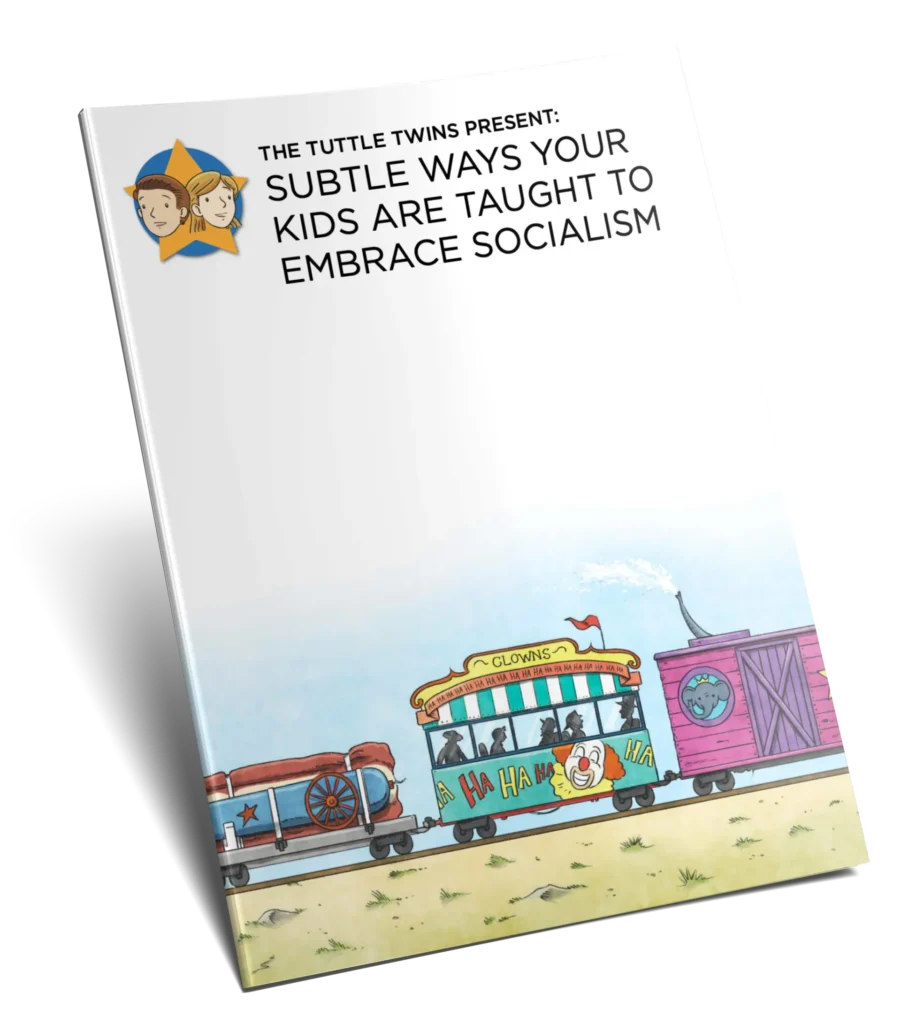When I was in school, I thought there was something wrong with me because I could never remember what I was supposed to.
I could study for hours and still blank on a test. Eventually I just stopped studying for hours, because what’s the point?
You know what I never had trouble remembering? The books I read for fun.
Turns out, there’s a reason for that.
Back in 1969, a couple of Stanford researchers gave students a list of random words. Half the kids were told to repeat them over and over (to memorize them) and the other half were told to make up a story using the words.
I knew the kids who used them in a story would remember them better later on, but the results of the study were still pretty shocking:
The group that used storytelling remembered 93% of the words.
The group that didn’t? Just 13%.
That’s a staggering difference, and honestly, it explains a lot.

Most kids aren’t “bad at school”—they’re just being taught in a way their brains aren’t built to remember.
Storytelling isn’t some flowery, gimmicky, feelings-based way of educating; it’s actually the oldest and most naturally effective form of learning we have.
This is why we wrote the Tuttle Twins America’s History books, and built the accompanying curriculum the way we did.
We didn’t want to churn out another history resource that checks boxes and bores kids with memorization of dates and names that they’ll forget in a few days.
We wanted to tell the story of America. The people, the ideas, the struggles, failures and consequences, all in a way that kids would be able to relate to and remember.
We knew that if we could capture the meaning behind the moments, the lessons would stick with the reader long after they were grown.
America’s History Volumes One and Two are full of real history, real lessons, and the kind of storytelling that turns kids into curious, confident, fully engaged learners—not just short-term memorizers and test-takers.
The truth is, your child will forget most of what’s in a textbook.
But a good story? Man, that’ll stay with them forever.
— Connor


